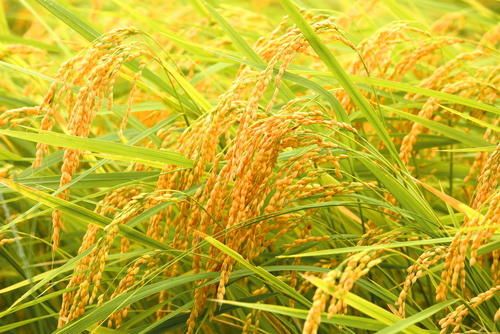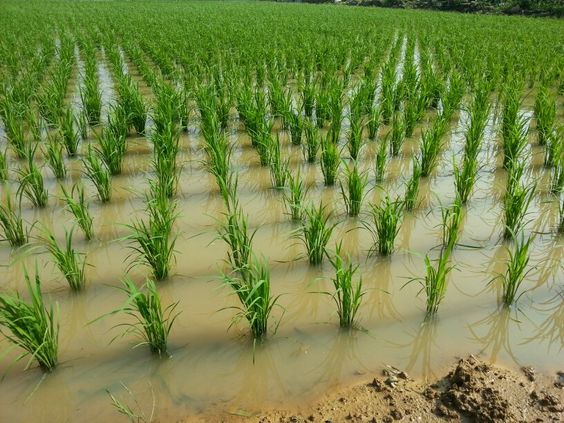Organic Fertilizers in Agriculture: Fueling Sustainable Growth in Smart Agriculture
Organic Fertilizers in Agriculture sector faces a multitude of challenges in the 21st century. The need to increase food production to meet the demands of a growing global population collides with concerns about environmental sustainability and resource depletion. In this context, Smart Agriculture has emerged as a promising approach that leverages technology and data-driven insights to optimize agricultural practices. Within this framework, organic fertilizers play a crucial role in promoting sustainable and eco-friendly farming methods.
Organic Fertilizers in Agriculture, unlike their synthetic counterparts, are derived from natural materials. These materials undergo a biological decomposition process, releasing essential nutrients for plant growth in a slow and controlled manner. Common examples of organic fertilizers include composted manure, plant residues, animal byproducts, and rock powders.
Contents
Benefits of Organic Fertilizers in Smart Agriculture
Organic Fertilizers in Agriculture offer a multitude of benefits for farmers and the environment alike. Here’s a closer look at some key advantages:
- Enhanced Soil Health: Organic matter acts as a natural soil conditioner, improving soil structure, aeration, and water retention capacity. This leads to a healthier and more biodiverse soil environment, fostering the growth of beneficial microorganisms that contribute to plant health.
- Sustained Nutrient Release: Unlike synthetic fertilizers, which release nutrients in a burst, organic fertilizers provide a slow and steady supply of nutrients throughout the growing season. This minimizes the risk of nutrient leaching, which can pollute water sources, and ensures plants have access to the nutrients they need at the right time.
- Improved Plant Quality: Studies have shown that crops grown with organic fertilizers often exhibit superior quality characteristics, including increased flavor, nutritional content, and resistance to pests and diseases. This can translate to higher market value for farmers.
- Environmental Sustainability: Organic fertilizers promote a closed-loop system in agriculture. By utilizing waste materials like manure and plant residues, organic farming reduces reliance on non-renewable resources and minimizes environmental pollution associated with synthetic fertilizer production.
- Data-Driven Application: Smart Agriculture emphasizes the use of sensors and data analytics to optimize resource utilization. Organic fertilizers, when combined with soil testing and precision agriculture techniques, can be applied strategically to meet the specific needs of each crop and soil type, further enhancing efficiency and minimizing waste.
Integration of Organic Fertilizers in Smart Agriculture Practices
Smart Organic Fertilizers in Agriculture offers a framework for integrating organic fertilizers effectively:
- Soil Testing and Analysis: Regularly testing soil health provides valuable insights into nutrient levels, pH, and organic matter content. This data guides farmers in selecting the appropriate organic fertilizer type and application rates.
- Precision Agriculture Techniques: Techniques like variable rate application (VRA) allow for targeted application of organic fertilizers based on real-time data on soil conditions and crop needs. This optimizes nutrient delivery and minimizes waste.
- Advanced Monitoring Systems: Sensors and monitoring systems can track soil moisture, nutrient levels, and plant health. This data can be used to adjust fertilizer application strategies throughout the growing season for optimal results.
Challenges and Considerations
While Organic Fertilizers in Agriculture offer significant benefits, there are also some challenges to consider:
- Nutrient Availability: Organic fertilizers often contain lower concentrations of essential nutrients compared to synthetic fertilizers. This may necessitate applying larger quantities to meet crop requirements.
- Composting Requirements: Composting organic materials requires proper management to ensure efficient decomposition and avoid the generation of methane, a potent greenhouse gas.
- Accessibility and Cost: Depending on location and availability, organic fertilizers may be more expensive or less readily available compared to synthetic alternatives.
Conclusion: Organic Fertilizers in Agriculture
Organic Fertilizers in Agriculture are a cornerstone of sustainable and environmentally conscious agricultural practices. By integrating them with the data-driven approach of Smart Agriculture, farmers can unlock a range of benefits, including improved soil health, enhanced crop quality, and reduced environmental impact. Addressing challenges like nutrient availability and composting management will be crucial in making organic fertilizers a viable and accessible option for farmers worldwide. As Smart Agriculture continues to evolve, organic fertilizers hold the potential to play a critical role in shaping a more sustainable and productive future for agriculture.
This article provides a foundational overview of Organic Fertilizers in Agriculture. For further exploration, you may consider researching specific types of organic fertilizers suitable for your local crops and soil conditions. Additionally, exploring resources on composting techniques and smart agriculture technologies can provide valuable insights for implementing these practices in your agricultural operations.




